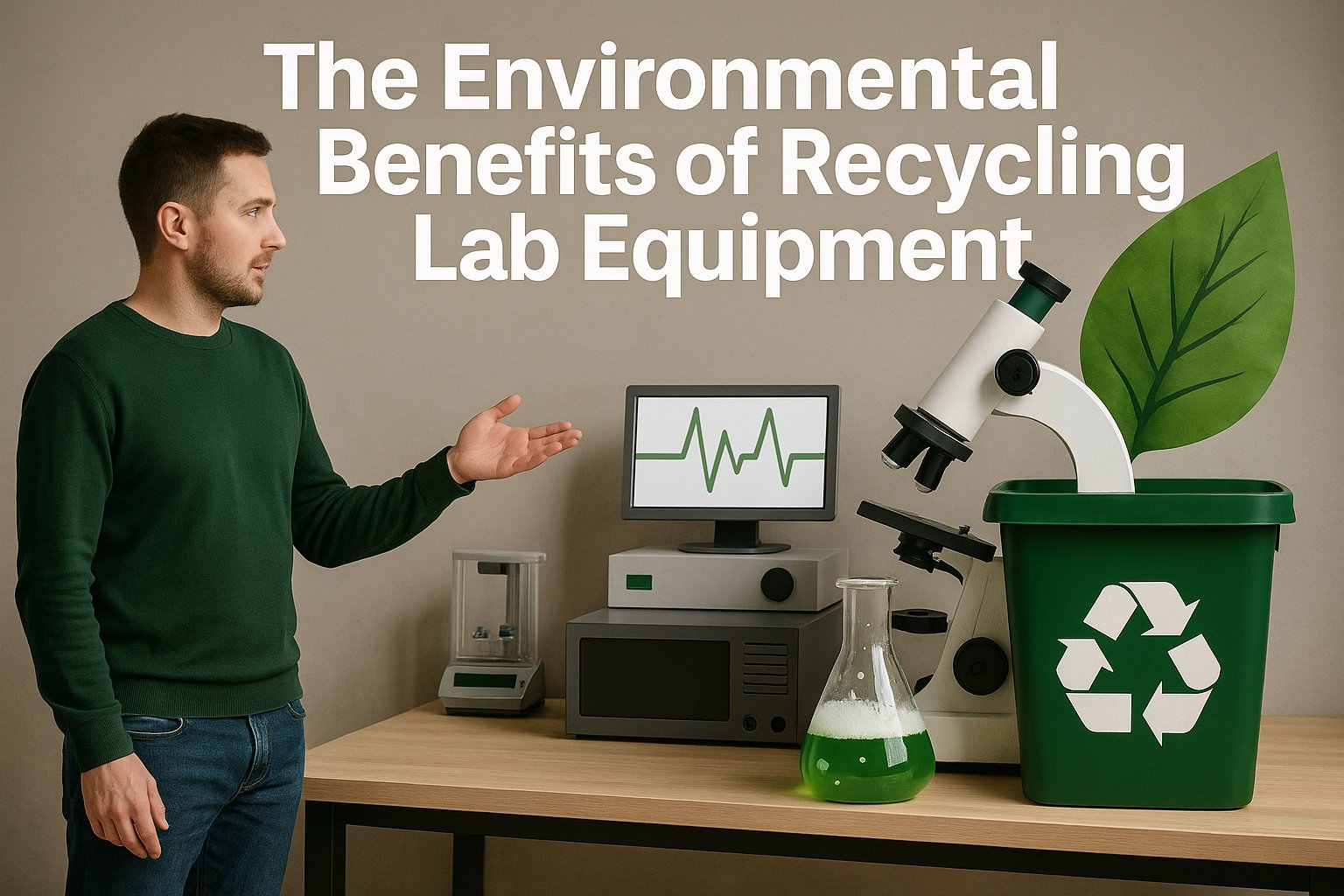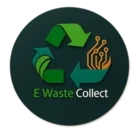Contents
Toggle🌿 Recycling Lab Equipment: Environmental Benefits and Best Practices
In today’s world, the importance of recycling lab equipment cannot be overstated. As scientific advancements continue to evolve, laboratories around the globe are faced with the challenge of managing the end-of-life disposal of their equipment. With a growing emphasis on sustainability, recycling lab equipment presents an opportunity not just for waste management, but also for fostering a cleaner, greener planet. This process not only plays a crucial role in protecting the environment but also enhances the reputation of medical facilities as responsible stewards of ecological integrity.
Recycling lab equipment is an important part of responsible waste management and environmental protection. By implementing effective recycling programs, laboratories can significantly reduce their environmental footprint. Understanding the benefits of this process is essential for every medical facility and laboratory that wants to reduce waste and improve sustainability practices. For instance, many facilities have successfully adopted recycling initiatives that not only help mitigate waste but also engage staff and the community in sustainability efforts, demonstrating the potential for a collaborative impact on our environment.
Proper recycling starts with reducing electronic waste. Rather than sending old medical devices to landfills, recycling ensures that hazardous materials are safely removed and handled. This minimizes pollution and prevents toxic waste from harming our environment. For example, lead and mercury, often found in laboratory equipment, can leach into soil and groundwater if not disposed of correctly. By using certified recycling facilities, laboratories can ensure that these materials are processed in a manner that complies with environmental regulations and safeguards public health.

Another significant advantage is resource conservation. Recycling lab equipment helps reuse valuable components and materials, thus reducing the need for new resources and cutting down on energy use. For instance, metals such as aluminum and copper can be extracted and repurposed, minimizing the need for mining and processing new materials. It’s a smart way to save money and natural resources for your facility. Some facilities have reported significant cost savings by recycling components rather than purchasing new equipment, providing a compelling financial incentive alongside the environmental benefits.
Additionally, data safety is critical. Professional recycling services include secure data destruction to ensure all sensitive information is properly handled. This not only protects patient confidentiality but also avoids any potential legal risks. Implementing a thorough data destruction policy can prevent sensitive information from falling into the wrong hands, further reinforcing the importance of responsible recycling practices. Laboratories must ensure that all electronic equipment is wiped clean of data or physically destroyed to maintain compliance with regulations such as HIPAA.
🔍 Tips for Successful Recycling
- Educate Staff: Conduct training sessions to inform staff about recycling procedures and the importance of proper disposal.
- Establish Clear Procedures: Implement straightforward, easy-to-follow recycling guidelines to ensure compliance.
- Collaborate with Experts: Work with certified recycling companies that specialize in lab equipment to ensure safe and responsible processing.
- Monitor Waste Streams: Regularly analyze waste streams to identify opportunities for further reduction and recycling.
🌐 Explore more resources
Check out our post on How to Recycle Used Medical Equipment Properly to learn safe recycling practices for your facility. Additionally, consider attending workshops or seminars focused on sustainability in the laboratory environment, where leading experts share insights and best practices.
🌍 Case Studies
Facilities that have embraced recycling lab equipment have seen transformative impacts. For example, a leading medical research facility implemented a comprehensive recycling program and reported a reduction of over 30% in their waste output within the first year. Not only did they save on disposal costs, but they also contributed to the local economy by partnering with local recycling firms. Another case involves a university laboratory that integrated recycling into their operational protocols, resulting in positive feedback from students and faculty alike, who appreciated the institution's commitment to sustainability.
🌿 Want to learn more?
Visit the EPA recycling guidelines for safe recycling resources.
By focusing on the environmental benefits of recycling lab equipment, you support your sustainability goals and contribute to a healthier planet. It’s not just about compliance; it’s about making a proactive choice to protect the world we live in. As laboratories continue to innovate and push boundaries in science, embracing recycling as a core practice reflects a commitment to not only scientific excellence but also environmental stewardship.
If you’d like help with recycling or need a reliable pickup service, please contact our team. Let’s build a greener future together. Remember, every small step counts in the journey towards sustainability, and recycling lab equipment is a significant step in the right direction.
